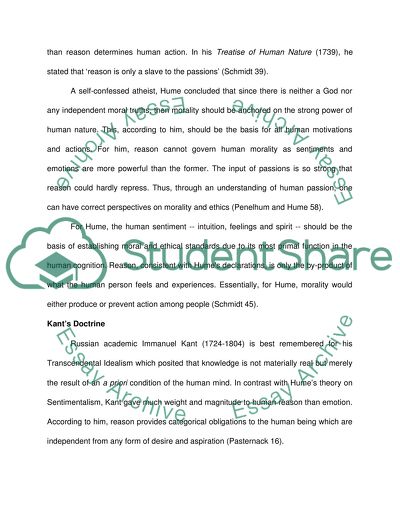Cite this document
(“On Morality and Ethics: Views of David Hume and Immanuel Kant Research Paper”, n.d.)
Retrieved from https://studentshare.org/family-consumer-science/1416898-philosophy-compare-and-contrast-immanuel-kant-vs
Retrieved from https://studentshare.org/family-consumer-science/1416898-philosophy-compare-and-contrast-immanuel-kant-vs
(On Morality and Ethics: Views of David Hume and Immanuel Kant Research Paper)
https://studentshare.org/family-consumer-science/1416898-philosophy-compare-and-contrast-immanuel-kant-vs.
https://studentshare.org/family-consumer-science/1416898-philosophy-compare-and-contrast-immanuel-kant-vs.
“On Morality and Ethics: Views of David Hume and Immanuel Kant Research Paper”, n.d. https://studentshare.org/family-consumer-science/1416898-philosophy-compare-and-contrast-immanuel-kant-vs.


